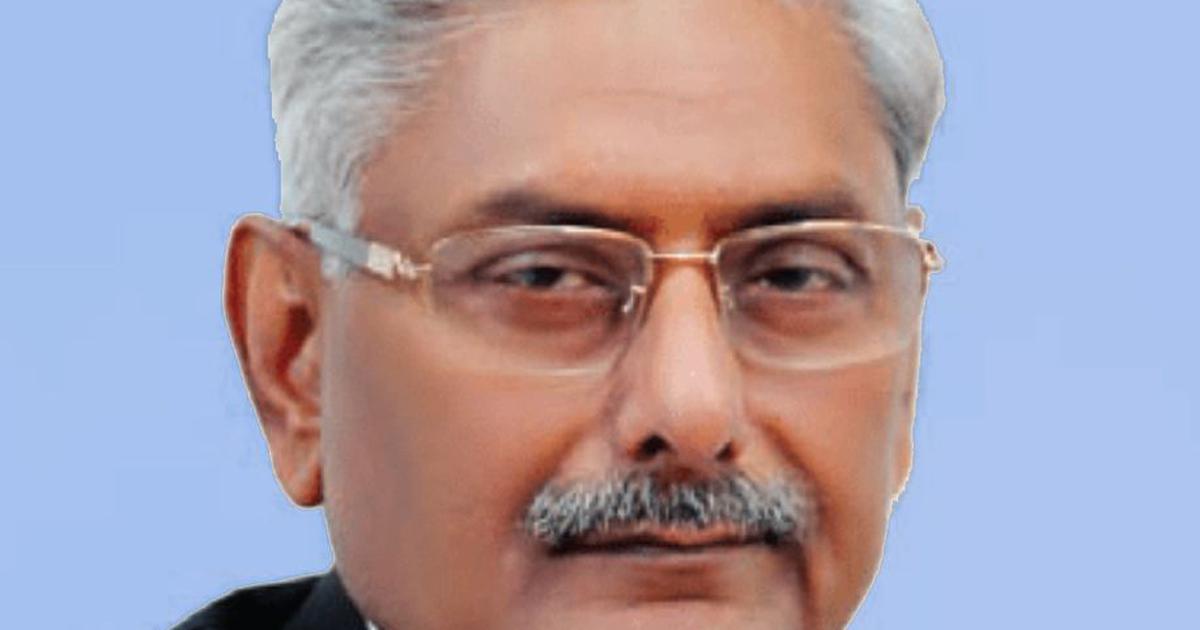New Delhi: Former Supreme Court Judge Arun Mishra, who was appointed as the Chairperson of the National Human Rights Commission (NHRC), has a tough challenge in his hands to ensure that the 18-year-old body stays relevant. Records show that in majority of the cases, the central and state government departments do not follow the order of the NHRC.
This has led to questions on the relevance of this body whose annual budget in 2019-2020 was Rs 5,080 crore. As per the NHRC’s latest annual report that is available on its website, which is of 2017-2018, in the period between 1 April 2017 and 31 March 2018, the Commission had recommended Rs 226,980,000 as payment of monetary relief/ compensation to the victim/next-of-kin of the deceased in 757 cases.
However, out of these 757 cases, in which monetary relief was recommended, compliance reports were received only in 151 cases in which a total amount of only Rs 56,775,000 was paid to the victim/ next-of-kin of the deceased. In effect, NHRC’s directions were followed in only20% of the cases with 606 cases still pending compliance. The figure for 2016-2017, in which the NHRC had recommended monetary relief but were still pending, was 172.
Another statistic that shows how seriously government officials, both at the Center and the state, take NHRC’s orders can be gauged from the fact that 102 cases that were decided by the NHRC in the 15-year-period of 2001-2015, were still pending compliance.
The NHRC was set up by an act of Parliament on 12 October 1993, but as the numbers suggest, despite having legal luminaries leading it in the past, it has failed to ensure that human rights, especially of the weaker sections, are upheld and violators punished.
In August 2016, a minor girl was raped in Maharashtra by a Sub inspector of police in Osmanabad, Maharashtra. On a complaint filed by Triveni Bansal, a human rights activist, the NHRC took up the case. After doing its investigation, the commission found that the “public servant had committed an offence on a minor girl and took the view that she should be monetarily compensated for violation of her human rights” and awarded a sum of Rs 3 lakh. This amount too was only paid in September 2017.
Similarly, in a case of 2013, where 38 tribal children had died of malnutrition in the Attappady area of Palakkad District, Kerala, and ordered a compensation of Rs 1 lakh to be paid to their families. “After repeated reminders, the District Collector, Palakkad, Kerala, vide letter dated 30.11.2017 informed that the Government of Kerala had allotted Rs 38 lakh to pay monetary relief of Rs 1,00,000 each to the next-of-kin of the 38 deceased infants,” the commission noted before closing the case.
According to a former member of the State Human Rights Commission, in many cases, the government departments fight “tooth and nail” to deny compensation awarded by the body. To substantiate his claim, he gave the example of how the Railway ministry has been engaged in a case for six years that is going on in the Ranchi High Court, Jharkhand. The case relates to an incident of 2012 when a man who was traveling in a train with his wife was beaten to death by the RPF personnel when he objected to the teasing of his wife by them.
Upon receiving the complaint, the NHRC on 18 May 2015 passed an order to the Railway board to pay a compensation of Rs 5,00,000 as monetary relief to the deceased wife. The said order was passed on the basis of the investigation made by CB-CID, headed by IG-CID, Jharkhand, S.P. Rail, Dhanbad, which confirmed that the RPF personnel were guilty of the offence. However, an aggrieved railway ministry appealed this decision in the Ranch High Court where it is still pending.

